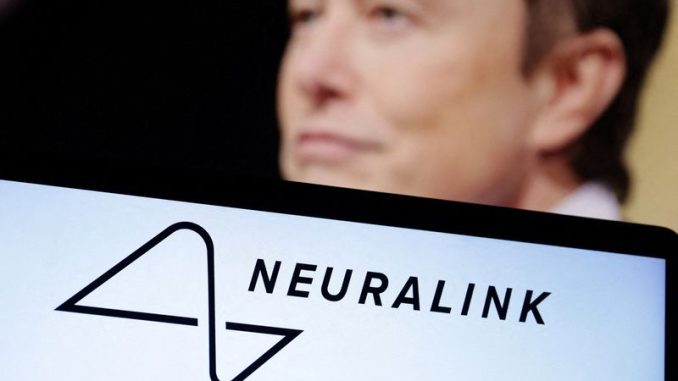

OAN’s Roy Francis
11:31 AM – Friday, May 26, 2023
Elon Musk’s brain-implant company, Neuralink, said that they have received approval from the United States Food and Drug Administration (FDA) for their first in-human clinical trial.
Advertisement
“We are excited to share that we have received the FDA’s approval to launch our first-in-human clinical study!” Neuralink announced on Twitter.
The approval for Neuralink to perform its first human trial “represents an important first step that will one day allow our technology to help many people” the company said on Twitter. The critical milestone comes after the company had failed to gain approval in 2022.
The FDA confirmed the approval in a statement by agency spokesperson on Friday.
“The FDA acknowledges and understands that Neuralink has announced that its investigational device exemption … for its implant/R1 robot was approved by the FDA and that it may now begin conducting human clinical trials for its device,” the statement read.
Musk founded the company in 2016 on the belief that brain implants could cure a wide range of conditions which include obesity, autism, depression, and schizophrenia. Other uses of brain implants will include web browsing, and telepathy.
The billionaire has touted the safety of the devices on several occasions, and said that he has full faith in his company, going as far as saying that he would be willing to implant them in his own children.
On at least four occasions since 2019, Musk has predicted that the company will receive approval for human trials from the FDA. However, an application was not put forward until 2022, which was then denied.
After the request was denied in 2022, the FDA had listed several concerns it had with the chips that Neuralink needed to be addressed before it would grant approval. The concerns had included major issues with the lithium battery of the device, wires in the chip, and the challenge of extracting the device without damaging brain tissue.
Neuralink has also been the subject of several federal probes and investigations since it was founded.
In early May, lawmakers urged regulators to investigate whether the company had contributed to botched and rushed experiments.
The U.S. Department of Agriculture’s Office of the Inspector General is also investigating alleged animal-welfare violations, and the Department of Transportation is probing into whether the company had transported dangerous pathogens on chips without proper containment measures.
The company is now prepared to move forward in preparations for its first human trial, however, they have not given any specific details as to what that might entail.
Stay informed! Receive breaking news blasts directly to your inbox for free. Subscribe here. https://www.oann.com/alerts

